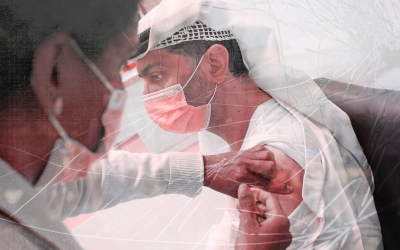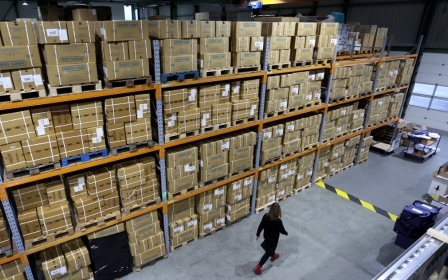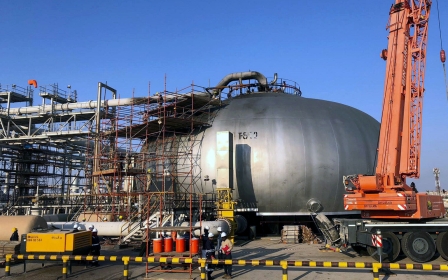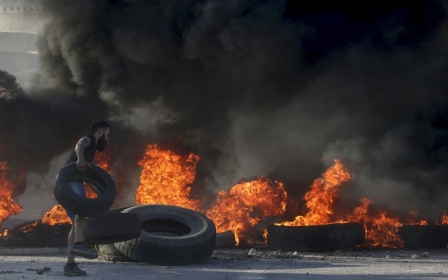Middle East and North Africa to see $227bn Covid-related losses in 2021
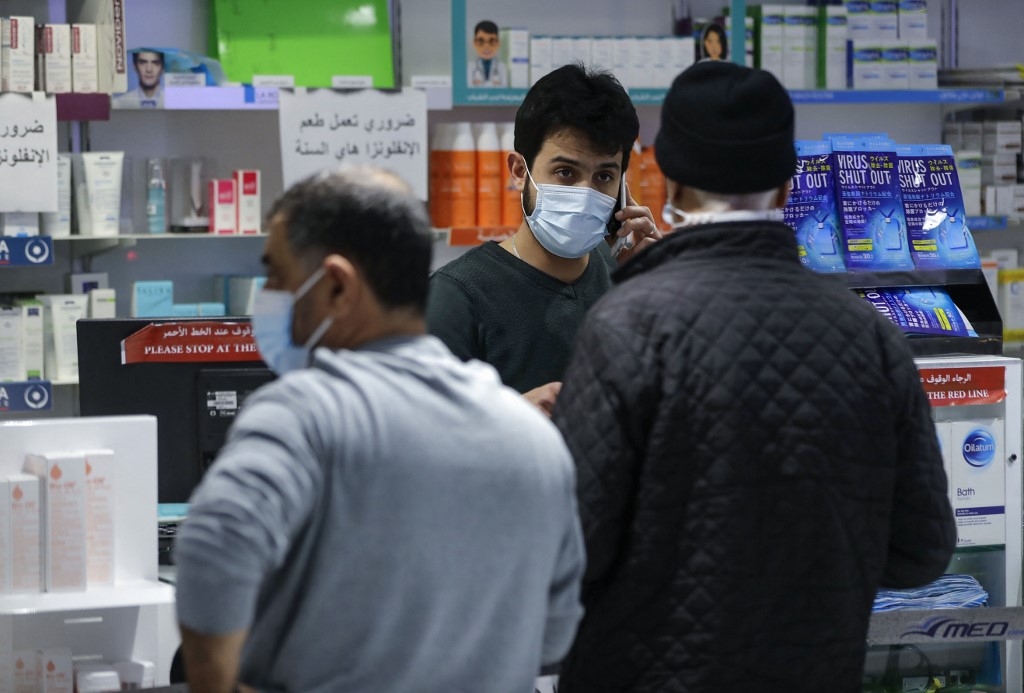
The Middle East and North Africa (MENA) region is estimated to face a loss of $227bn by the end of the year due to the Covid-19 pandemic, with public debt levels expected to rise at the fastest rate this century, the World Bank said on Friday.
In its first economic update of 2021, the World Bank said the regional economy, which was hit hard by the pandemic and the subsequent lockdown orders, is expected to recover by 2.2 per cent this year after contracting by 3.8 per cent in 2020.
"But that recovery is unlikely to be strong enough to get the MENA region's output back to pre-pandemic levels," Ferid Belhaj, vice-president for the region, wrote in the report.
"And the substantial borrowing that MENA governments had to incur to finance essential health and social protection measures boosted government debt dramatically."
The global financial institution said the average public debt for countries in the region was expected to increase by eight percentage points, from 46 percent of gross domestic product (GDP) in 2019 to 54 percent this year, the fastest increase in the 21st century.
Plummeting oil prices combined with the pandemic to create an even bigger problem for the region's oil exporters, with Saudi Arabia's deficit seeing its largest single-year rise in more than three decades.
Oil-importing countries in the region could see debt levels reach 92 percent.
The high debt levels are due to Covid-19 having an acute impact on countries that have already faced economic hardship, such as Lebanon.
Last year, the World Bank warned that Lebanon was in a dire position, and the financial crisis in the country is expected to see GDP decline by 13.2 percent in 2021, after already declining by 19 percent in 2020.
Around 1.7 million people are estimated to fall under the poverty line, the institution noted, with 841,000 people falling under the food poverty line.
Recovery tied to vaccine rollout
A partial economic recovery is expected by the end of the year. However, the World Bank noted that will largely be "dependent on an equitable rollout of vaccines".
"When MENA governments increased borrowing to address Covid-19, they saved lives and livelihoods, all investments in human capital," Belhaj said.
"We can see hopeful signs of light through the tunnel, especially with the deployment of vaccines, but the region remains in crisis.
"Strong institutions are crucial to absorbing this crisis, re-launching economies, and building them back stronger and more resilient in the years ahead."
Yet the vaccine rollout in the Middle East has been beset with unequal access, experts told MEE last month.
The report also said that the $227bn loss attributed to the region's GDP did not factor in other costs that could take much longer to overcome.
"Regardless of the timing of the recovery, much of the impact of the pandemic unfortunately could be felt for decades to come," the report read.
"Disruption in core health services, drops in household income, school closures and persistent unemployment will likely carry long term costs in terms of slower human capital accumulation."
Middle East Eye delivers independent and unrivalled coverage and analysis of the Middle East, North Africa and beyond. To learn more about republishing this content and the associated fees, please fill out this form. More about MEE can be found here.


